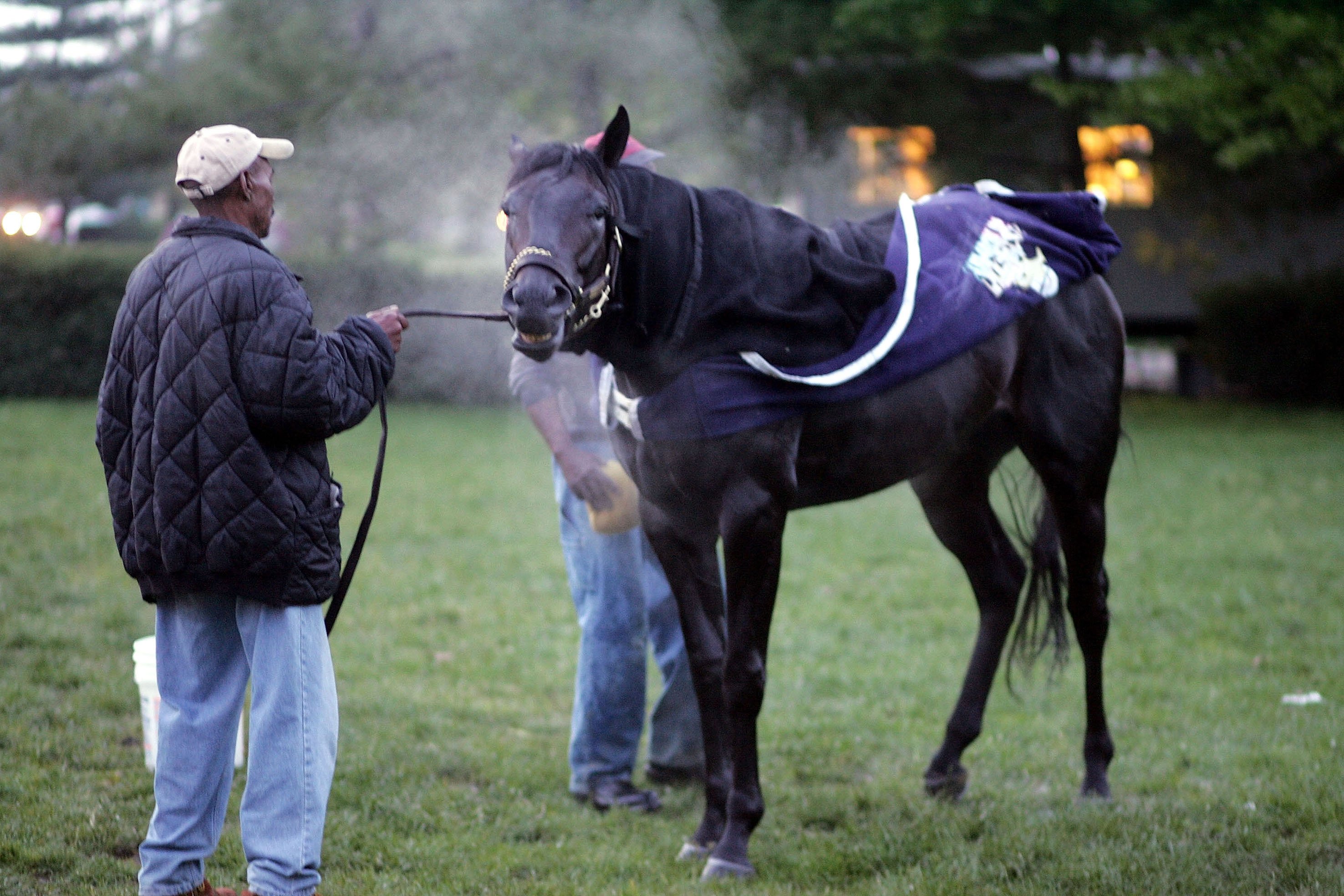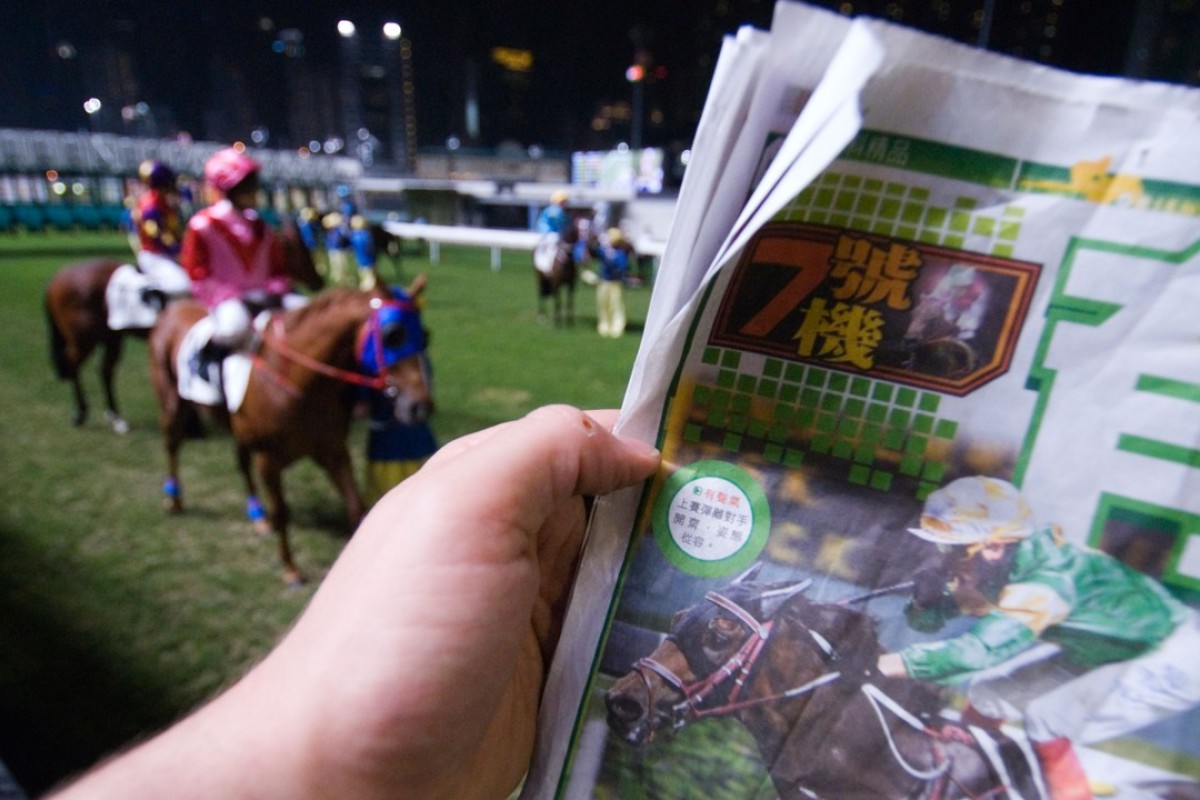Horse Betting Billionaire
Why billionaire tech investor David Cheriton thinks self-driving cars, AI, and IoT are on the downturn in 2021. The investor 'can't just ask if they are betting a winning horse,' he said. 1% pay rise is an insult, says son of dead nurse. The son of a nurse who had inspired almost her whole family to go into the same profession before her death from coronavirus has described the 1.
He’s widely regarded as one of the best macroeconomic traders of his generation. Now, in an announcement that could send shockwaves through Wall Street—and one that’s already making a splash in the financial press—Paul Tudor Jones says he is betting on Bitcoin to be the best-performing asset of the decade.
Even more importantly, he’s jumping into the main cryptocurrency in a big way. In a May 11 interview on CNBC’s “Squawk Box,” Jones said he has, “just over 1% of my assets in bitcoin. Maybe it’s almost 2. That seems like the right number right now.”
Tudor Investment Corp.’s flagship BVI fund has $22 billion, making Jones’ investment close to $440 million. It comes at a particularly opportune moment, as today’s Bitcoin halving attracts a lot of attention, and suggests the price of BTC is about to begin a long bull run.
When asked why he changed his mind about Bitcoin, Jones said that COVID-19 pandemic and the printing of vast amounts of fiat currency made him rethink how he wanted his portfolio positioned going forward.
“The digitization of the world clearly benefits Bitcoin,” Jones said. “Bitcoin will be that much more accessible by people that could own it as a store of value.”
A significant intervention
Jones has a carefully cultivated reputation and a strong track record—famously establishing a name for himself by predicting the 1981 Black Thursday crash, with his fund delivering net gains of 125.9% per cent by shorting stocks on Wall Street.
Because of this track record, he’s listened to. His endorsement of Bitcoin could trigger substantial inflows into the market. It comes amid rising levels of institutional investor interest in the asset.
“Paul Tudor Jones just removed career risk from investing in Bitcoin,” tweeted BitMEX CEO and co-founder Arthur Hayes on May 7. “Expect a lot of beta fund managers to begin cooking some copy pasta.”
Gemini cryptocurrency exchange CEO Tyler Winklevoss agreed, tweeting “Wall Street is coming.”
Betting on Bitcoin
Jones has dabbled in cryptocurrency before, “for fun” as he describes it, around the time BTC hit all-time highs in 2017. He managed to double his money by exiting near the top. Fast forward two-and-a-half years, and Jones says he is revisiting Bitcoin as an investable asset—arguing it can compete with gold, stocks, art, and land.
In his latest macro economic outlook, Tudor wrote: “The question facing every investor is, ‘What will be the winner in ten years’ time?’”
“At the end of the day, the best profit-maximizing strategy is to own the fastest horse. Just own the best performer and not get wed to an intellectual side that might leave you weeping in the performance dust because you thought you were smarter than the market. If I am forced to forecast, my bet is it will be Bitcoin.”
Jones conceded that he may not be the target market for BTC, or at least the type of person who tends to invest in it, but said this doesn’t matter: “I am not a hard-money nor a crypto nut. I am not a millennial investing in cryptocurrency, which is very popular in that generation, but a baby-boomer who wants to capture the opportunity set while protecting my capital in ever-changing environments.”
“A great speculation”
Jones only revealed his Bitcoin investment on May 7, also on CNBC. In that interview, Jones went further—telling the financial news channel the “birthing of a store of value” could be happening before Wall Street’s own eyes.

He pointed to how, in normal times, central banks have a stated aim of depreciating the value of the fiat currencies they control by 2% a year, effectively meaning that consumers have a “wasted asset on their hands.”

The billionaire also warned this depreciation is set to be exacerbated this year, with trillions of dollars in new money being printed as central banks desperately try to revive their economies. For Bitcoin, government interference is not a concern, he said, with its limited supply of 21 million serving as an effective hedge against inflation.
He acknowledged that at just 11 years old, betting on Bitcoin is still risky, telling “Squawk Box” on Monday: “When I look at Bitcoin I see it as one tiny part of a portfolio. It may end up being the best performing part—I kind of think it might be—but I’m very conservative. It has not been a store of value like gold has for 2,500 years.”
Updated 5:12 p.m. on May 11, 2020 with Tyler Winklevoss tweet.
You May Also Like
- September 28, 2020
Zeljko Ranogajec was born in 1961 in Hobart, Australia. His parents immigrated to Australia from Croatia and didn’t have much money.
Ranogajec was poor financially in his early years, but he had a wealth of intelligence. This helped him earn a scholarship to the University of Tasmania, where he studied banking, finances, andtaxation.

His original goal was to become a lawyer, which would’ve been a lucrative career in itself. But he found something even better in gambling.

Aside from earning a living through blackjack, he also met his future wife, Shelley Wilson, during his early casino days.

Horse Betting Billionaire Money
This event was not only important from a romantic standpoint but also from a business perspective.
Ranogajec would later transfer to the University of South New Wales (USNW) in Sydney. This felt like an arbitrary move, though, considering that he was making a fortune on the blackjack tables.
Ranogajec was eventually forced to decide between college and quitting to pursue gambling. The latter proved too lucrative, and he left USNW to devote more time to his advantage-play skills.
Horse Betting Billionaire Games
The former Croatian immigrant has gone on to become one of the richest gamblers of all time. He bets $1-$2 billion annually on horse racing in Australia, Hong Kong, Japan, New Zealand, the UK,and the US.



